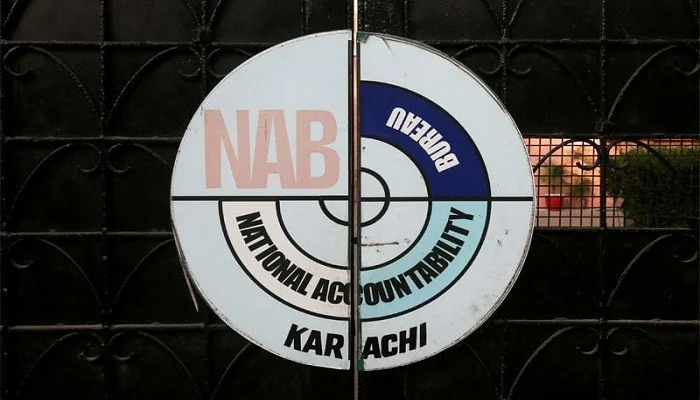Approximately 450 Pakistanis, including 250 Zaireen, have successfully crossed into Lebanon from Syria, according to the spokesperson for the Foreign Office, Mumtaz Zahra Baloch.
During her weekly briefing at the foreign office in Islamabad, she stated that Pakistan is pleased with the resolution passed by the United Nations General Assembly on the Gaza Strip, which calls for an immediate ceasefire.
In addition, she expressed her satisfaction with the elimination of limits placed on UNRWA’s ability to carry out relief activities in the Gaza Strip and the West Bank.
It was stated by her that Pakistan is demanding an immediate cessation of hostilities in Palestine, an end to the genocide that is taking place in Gaza, the protection of civilians and civilian infrastructure, unrestricted access to humanitarian aid for those who are in urgent need, full support for the United Nations Relief and Works Agency (UNRWA) and its mandated humanitarian activities, and medical assistance for those who are in urgent need.
Moreover, she stated that Pakistan emphasises the need for the international community to hold Israel accountable for the war crimes and crimes against humanity that it has committed in occupied lands.
The Israeli aggression against Syria, the illegitimate acquisition of Syrian territory, and the massive devastation of Syrian infrastructure as well as civilian and military sites are all topics that Pakistan is extremely worried about, according to the spokesperson for Pakistan.
According to her, this attack on Syria’s sovereignty and territorial integrity is a serious violation of international law to the highest degree. By expressing our support for Syria’s sovereignty and territorial integrity, we are also expressing our opposition to the Israeli government’s attempt to acquire territory through coercion.
The resolution 497 of the United Nations Security Council, which declares the annexation of the Golan Heights by Israel to be null and illegal and to have no international legal impact, was reaffirmed by her organisation.

